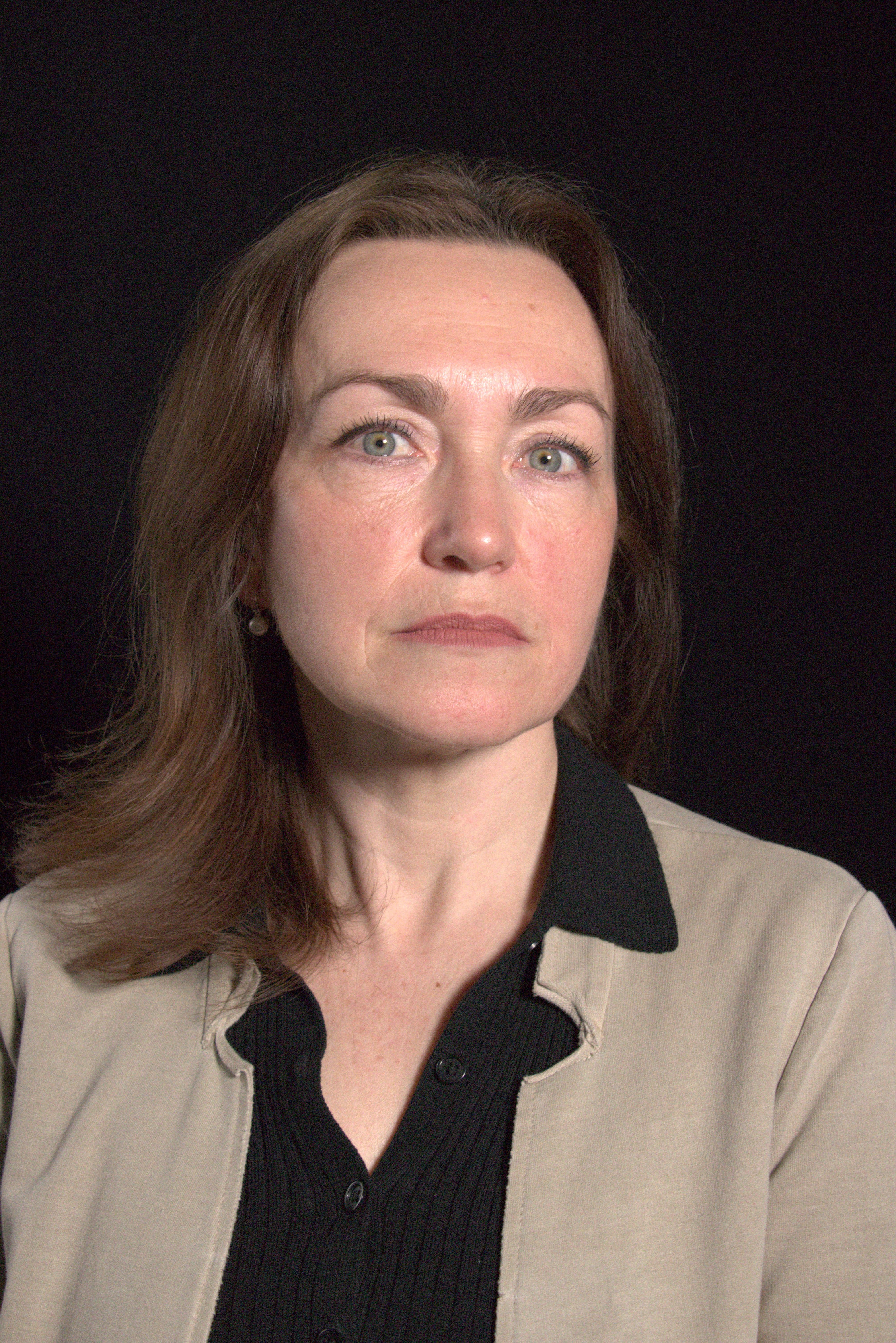I was proud to be able to bring information in my native Tatar language to people who would otherwise not have access to it. I was convicted in Russia, but the charges were false.

Download image
Alsu Kurmasheva, a longtime journalist and Putin’s political prisoner, was born in 1976 and grew up during perestroika. Her respect for her family’s Tatar traditions was always combined with an interest in world affairs and foreign languages, so she studied English and Turkish in Kazan. In 1998 she took a job at the Tatar-Bashkir service of Radio Free Europe and has lived in Prague ever since. She holds both Russian and American citizenship. In 2022, after Russia invaded Ukraine, she edited a book of memoirs by Russian anti-war activists called Saying No to War. In 2023, she visited family in Tatarstan and was detained at the airport, had her travel documents confiscated and was prevented from leaving when she attempted to return to Prague from Kazan. In October of that year, she was fined 10,000 rubles for failing to register her U.S. passport with Russian authorities. A few days later, she was arrested and accused of being a ‘foreign agent’ (a charge that was later dropped). On July 19, 2024, she was sentenced to 6.5 years in Kazan for ‘spreading false information about the war,’ i.e. for her contribution to a book about Russian people who protested against the war. But on 1 August 2024, as part of the great prisoner exchange between Russia and the West, she was released and was able to return to Prague, where she was still living at the time of the interview. She knows that her liberation was backed by a lot of support from ordinary citizens, including Czechs. And she appreciates it.
